
IMF Flawed Approach to Somalia Masks Deep Governance Failure
For the past six and half years, the International Monetary Fund (IMF) has been providing policy advice and technical assistance to the FGS for capacity development in the economic institutions. IMF carried out 3 articles IV annual consultations, 115 technical missions and approved 4 IMF Staff Monitored Programs (SMP) funded by IMF administered multi-donor Trust Fund for Somalia for achieving economic recovery, debt relief, and access to International Financial Institutions (IFI) resources. Unfortunately, Somalia is in the same disappointing situation in which IMF Independent Evaluation Office (IMF-IEO) found other IMF supported fragile countries. The flawed approach to Somalia masks deep governance failure because of deference to national authority and international donors.
IMF approach has not been consistent with the principles of Partnership agreement between FGS and International partners adopted in London in May 2017 to ensure sustainable progress. The overlooked principles are the focus on state building as the central objective, the recognition of the link between political, security, and development objectives, and the mutual accountability between FGS and partners. Inexplicably, President Mohamed Abdullahi Farmajo ignored the London Partnership Deal, the blueprint for democratization, federalization, economic and social development, and mutual accountability. He impolitely skipped attending the High Level Partnership Forum held in Mogadishu on 1-2 October 2019, despite he was co-chair. The Forum stressed that the cooperation between FGS and Federal Member states (FMS) is a key to international support.
The IMF Country Report No. 19/256 issued on August 1, 2019 presents Somalia’s macroeconomic assessment and forecast on the basis of guessed data and information shaped by the IMF staff who never visited Somalia or met representatives of FMS, parliamentarians, civil society, opposition groups, and private sector. The IMF Staff Guidance Note on the Fund’s Engagement with Countries in Fragile Situations allows autocratic leaders to act as they wish because at the end of the day any failure is attributed to the fragile situation. The IMF-IEO assertion that "there is a tendency within the IMF to consider that the mark of good economist is an ability to do analytical work on complex economies, with less attention paid to the ability to make a difference to countries’ policy making on the ground” is further evidence for the reasons behind the IMF flawed approach to Somalia. The public view and pace of real progress are important test factors for the impact of IMF’s programs. The construction of urgently needed house (the state) shouldn’t take more than 5 years.
The IMF report affirms that Somalia (Somaliland excluded) is fragmented country, while at the same time provides quantitative and qualitative information about Somalia’s macroeconomic situation and prospect. It also notes the absence of consolidated fiscal budget to monitor or assess the whole government operations.
The report documents extensively long list of unmet priorities, commitments, and recommendations, but at the same breath it excuses those failures for weak capacity and widespread poverty rather than for lack of political will, bad leadership, and endemic corruption. The IMF‘s claim of steady and incremental progress under difficult circumstance belie the inertia or deterioration reported by many international reputable organizations or publicly expressed by the majority of the Somali people because of leadership failure. The outcry of Mogadishu people for the lack of free movement that negatively affected small businesses and the public daily life has been in the news for almost 3 years.
With the exception of scant warning against the risks of inaction towards the 2020/2021 political elections and the hostility going on between the FGS and FMS, the report completely disregards the countless abuses of the executive branch of the federal government against the rule of law, accountability, transparency, checks and balance system, justice, and political inclusivity that are critical for impactful IMF support. President Farmajo has veered off from the path of constitutional democratic system of governance and embarked on lawlessness system of governance. Government actions are not based on legal authority. The constitution is not anymore valid instrument for political dispute resolution between FGS and FMS and between FGS and citizens.
Whether inadvertently or deliberately, the IMF and World Bank bear the blame for the political confrontation between the FGS and FMS because the FGS under the excuse of implementing IMF conditionality on fiscal federalism, macroeconomic management, debt relief, and currency reform without political and legal foundation has engaged in blackmailing all FMS for ulterior political motives. Benadir Regional Administration is hideout for the executive branch for syphoning public money.
The fiscal data the FGS submits monthly to the IMF are not made available to the federal parliament, the media, interested parties, and the public in general. The fiscal data are not verifiable. As of today, the FGS did not publish and submit the official closing accounts of 2017 and 2018 fiscal budges to the federal parliament for approval.
The fiscal budget preparation and implementation are sham because there are credible information about large amounts of off budget foreign donations kept in foreign accounts and domestic revenues used for political bribe and patronage. Prime Minister Hassan Kheire dishes out hundreds of thousands of dollars to different groups. Recently, President Farmajo authorized without parliamentary approval and procurement process the purchase of embassy building in Washington D.C. with 4.3 million dollars donated by Qatar State. An ambassador and 3 volunteers claim diplomatic credentials in the USA. Complaint of unpaid salaries to government personnel is persistent.
The executive branch has curtailed the independence and accountability of the Central Bank of Somalia (CBS), the Auditor General and Accountant General to the Federal Parliament and to the Somali people. The economic and finance parliamentary committee has been dissolved after it reported the mismanagement of the federal budget and the missing of more than $ 42 million dollars. The executive branch deprived the federal parliament of its oversight responsibility through corruption, appointment of high number of MPs to Ministers, illegal extra payments to MPs, and intimidation tactics.
The celebrated progress for the period 2017-2019 is the increase of domestic revenue by increasing tax burden. The estimated domestic revenue increased from $ 112.7 million in 2016 to $ 196.3 million in 2019. The percentage revenue increase in 3 years is 74.18%. While IMF continues to demand further increase of revenue, Washington Post has published an article under the title "If I don’t pay, they kill me’: Al-Shabab tightens grip on Somalia with growing tax racket.” This double taxation has bankrupted many Mogadishu traders while others were forced to transfer their import business from Mogadishu port to other ports. The Minister of Finance admitted the inability of the federal government to stop Al Shabab’s public extortion.
In 2017 and 2018, Somalia received an estimated foreign grants of 4,474.4 million dollars, of which, 1,920.0 million for humanitarian aid, 1,220.0 million for official development aid, 1,122.0 million for peacekeeping support, and 212.4 million for FG budget support. Only 5.7% of the Official Development Aid went through government budget because of lack of trust in the Public Financial Management (PFM) of the federal government. Despite this considerable donor largesse, the real GDP growth rates of 2017 and 2018 were estimated 1.4 % and 2.8 % respectively, while the inflation rates were 6.1% and 3.2% respectively. Next year, the FGS faces serious fiscal crisis as the budget support from the European Union and World Bank will stop.
The report lists also as progress the creation of federal bodies that are currently ineffective for policy making, coordination, and implementation like the National Security Council and the Inter-governmental fiscal forum. In addition, it mentions the contested fishery resource sharing agreement and a number of bills submitted to the federal parliament that ceased to function 18 months ago. The most important laws for 2020 federal election were not included.
It’s hard to envision the forecast of 2.9 % GDP growth rate in 2019 in the face of the humanitarian crisis ravaging the country. Indeed, the UN Under-Secretary for Humanitarian Affairs declared weeks ago that "Somalia is facing the worst harvest since the 2011 famine and up to six million people are projected to be food insecure over coming months.” In addition, the decline of business activities is clear in all parts of the country and sectors of the economy.
Since 2017, on the IMF and World Bank watch, the leaders of the federal government have been waging propaganda campaign of raising false expectation for currency reform, debt relief, oil exploration, and opportunity for external financing in the absence of all necessary political, legal, institutional, and financial conditions. The belatedly attempts of the IMF staff to explain to the Somali leaders the complex prerequisites for currency reform, debt relief, and oil exploration should be made forcefully in public forums to avert disastrous consequences.
The IMF Staff advised the Central Bank of Somalia (CBS) to prepare management, communication, operation, and accountability strategy for successful currency reform limited to printing only one banknote of So. Sh. 1,000 denomination for fighting against counterfeit and small transactions. Donors are reluctant to finance the cost of currency printing for understandable reasons. With regard to the oil exploration, the IMF staff told the Somali leaders to first implement full governance and legal framework needed to gain IMF and World Bank support.
The IMF report explains in detail the long and arduous process to reach Highly Indebted Poor Countries (HIPC) Decision Point (DP) for debt relief eligibility. Subject to completion of debt reconciliation process, Somalia’s outstanding external debt is estimated at $4.7 billion.
The FGS must satisfy at least 6 conditions to achieve debt relief in 2020. First condition is to have credible and stable system of governance that can satisfy the ultimate goal of debt relief which is to improve the standard of living of the local population. The standoff between FGS and FMS is major obstacle to debt relief. Second condition is the successful implementation of SMP IV endorsed as Upper Credit Tranche (UCT) arrangement. Most of the 18 structural benchmarks are issuing new laws, new regulations, and amendments of existing laws for increasing revenue and tax compliance, fiscal transparency, cash management, expenditure control, strengthening central bank supervision, Anti Money Laundering and Combatting Financing Terrorism (AML/CFT), and governance reform. The pressure on Mobile Money Operators (MMO) and Money Transfer Business (MTB) for counter-terrorism purposes should be preceded by the establishment of effective and accountable federal government that can provide effective rule based functions.
Third condition is the preparation, approval, publication, and implementation of the Interim Poverty Reduction Strategy (I-PRS) paper embedded in the 9th National Development Plan. Fourth condition is to get the HIPC financing assurances to clear arrears due to IMF/WB/AfDB. The total arrears owed to the three institutions amount to $ 973 million. The arrears to 4 Arab multilateral financial institutions which include Arab Monetary Fund and Arab Fund for Economic and Social development are $542 million.
Fifth condition is to get financing assurance from Paris and Non Paris Club creditors, claiming $ 3,183 million. Major creditors include USA, Saudi Arabia, UAE, Kuwait, Iraq, France, Italy, Japan, Russia, and UK. Sixth condition is to determine the ability to service the due debt after debt relief. The 2019 debt service is estimated 66.4% of the fiscal revenue.
Somalia needs yearly about $ 2.1 billion for Official Development Assistance and for peacekeeping operations. Therefore, there will be tradeoff between multiple competing needs. The debt relief process requires strong state legitimacy, strong international support, and thorough preparation for negotiations and good economic judgement among diverse alternatives.
Dr. Mohamud M Uluso



 0
0 
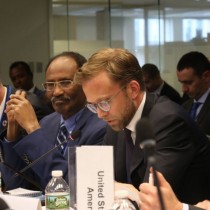

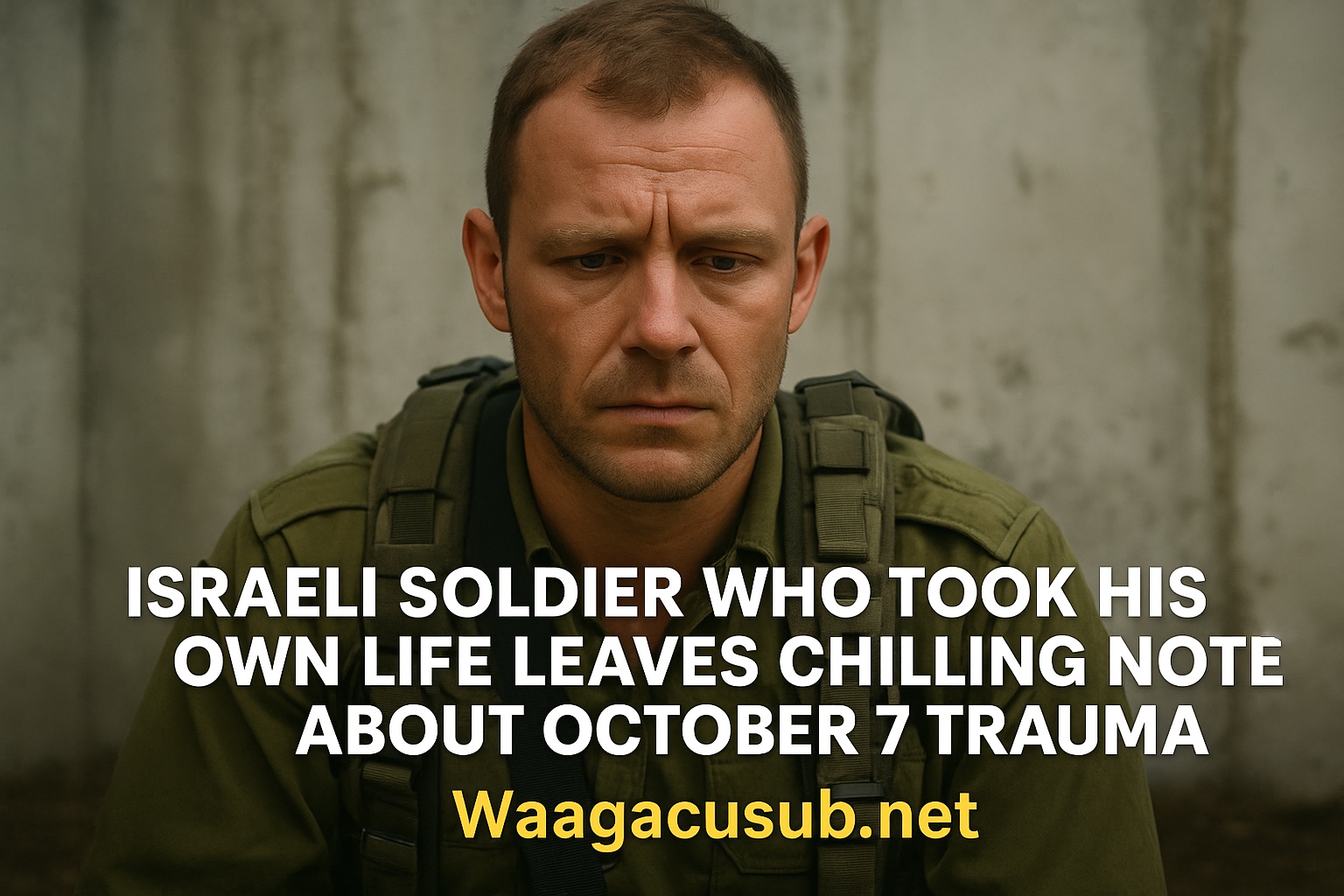
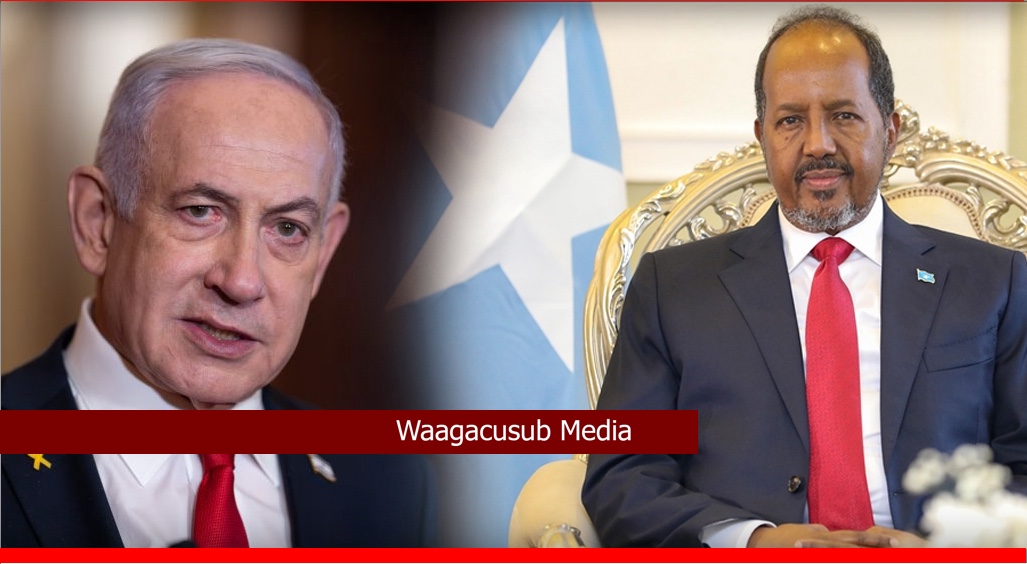
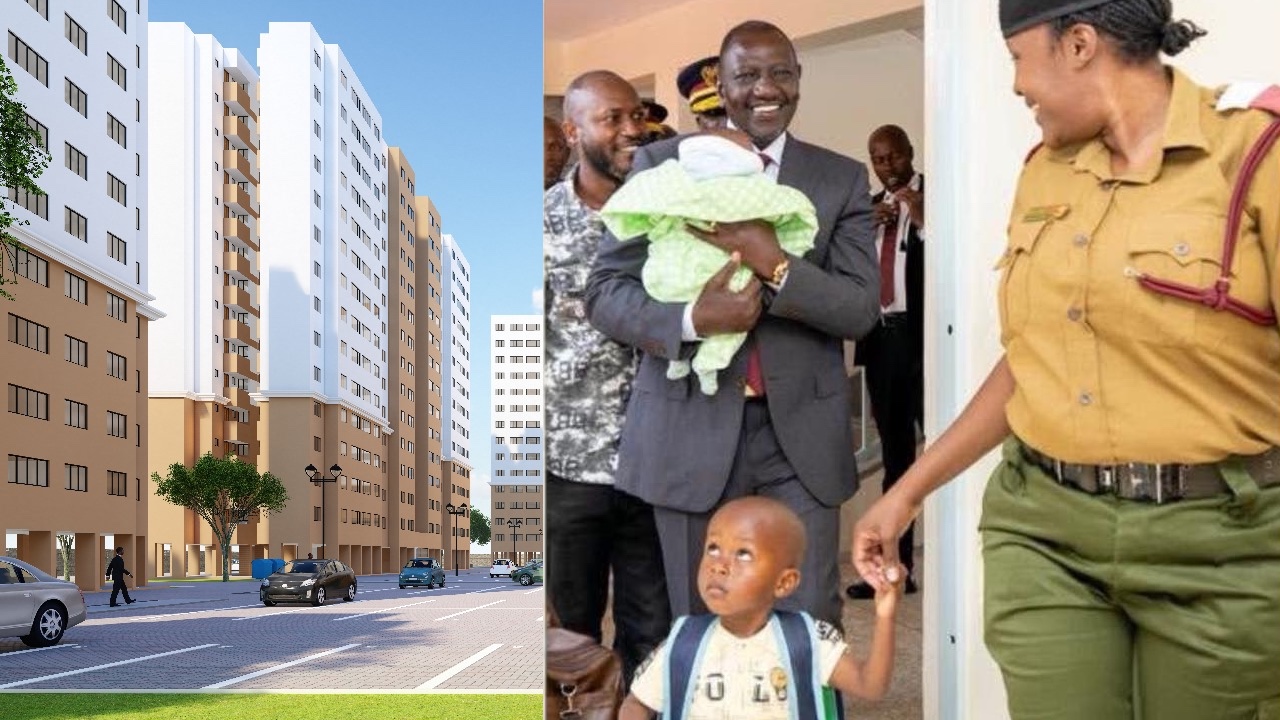
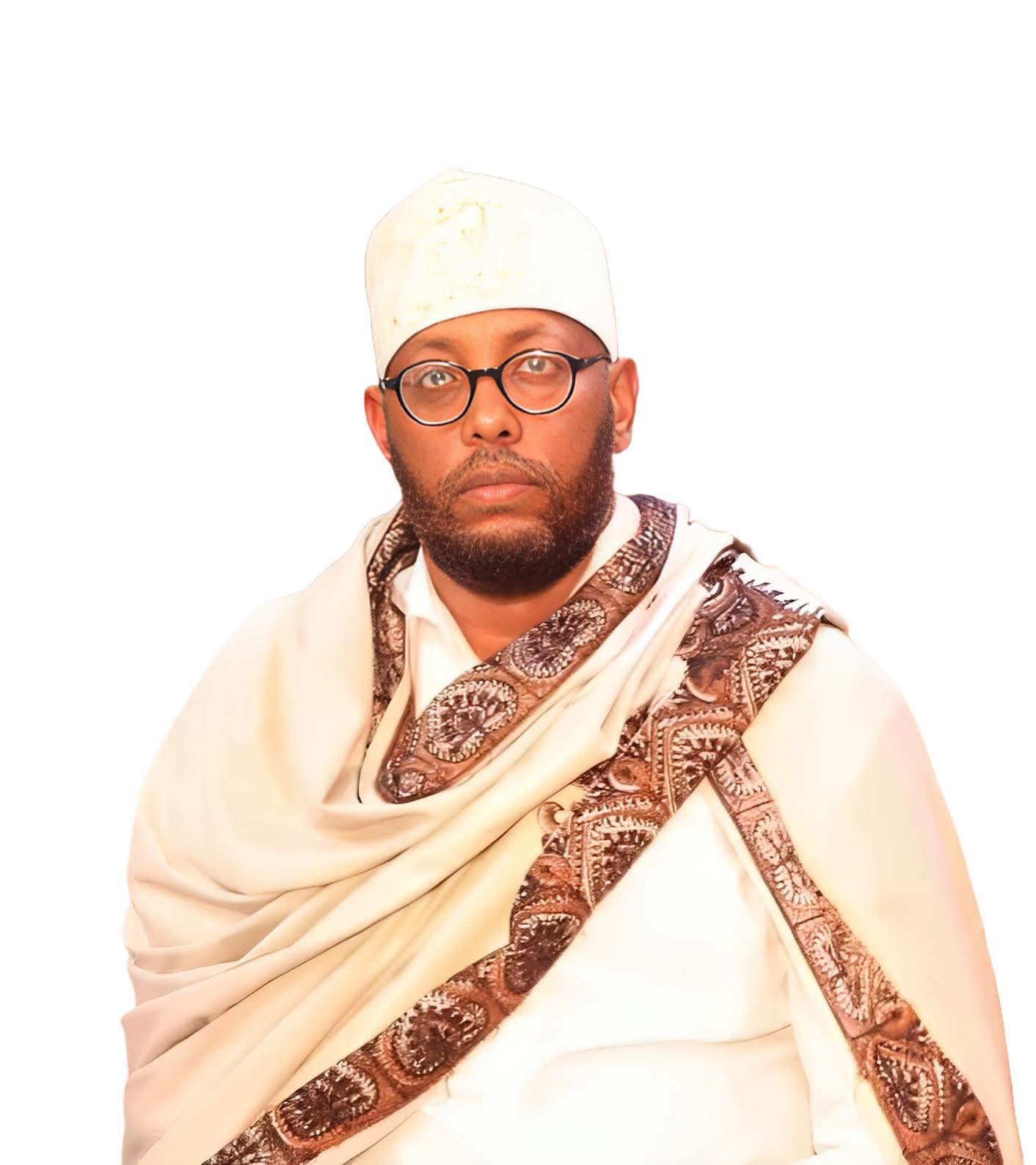

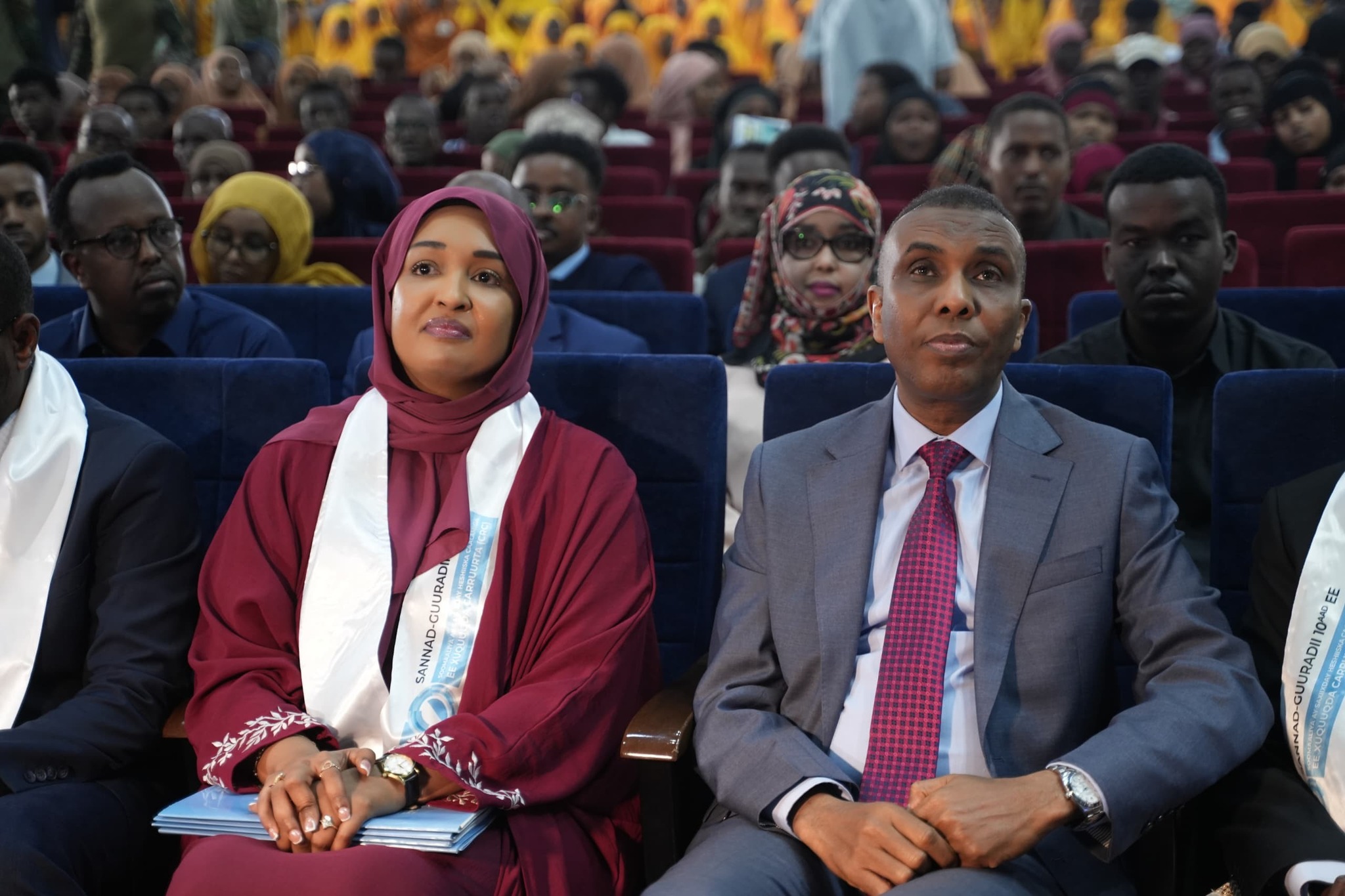
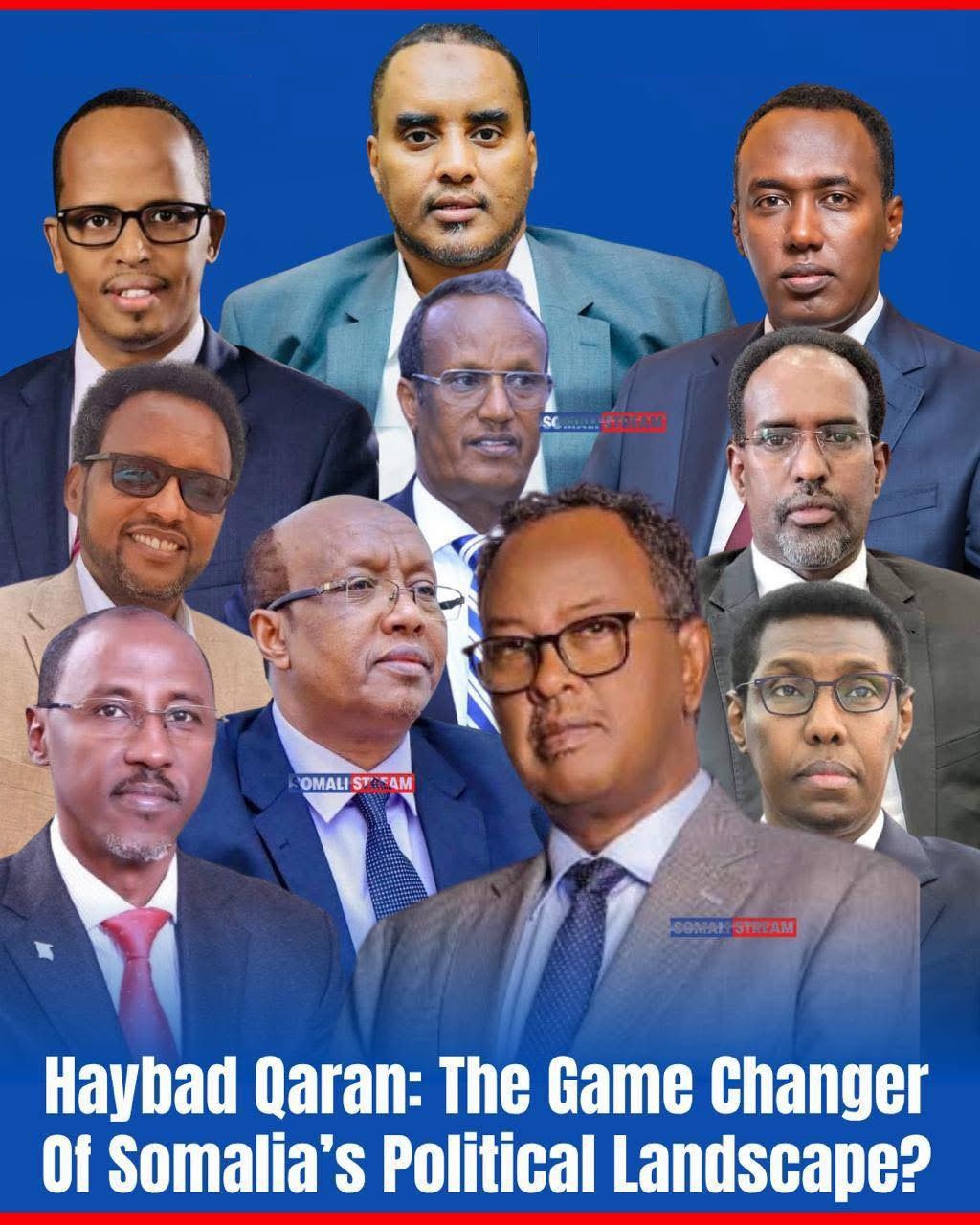

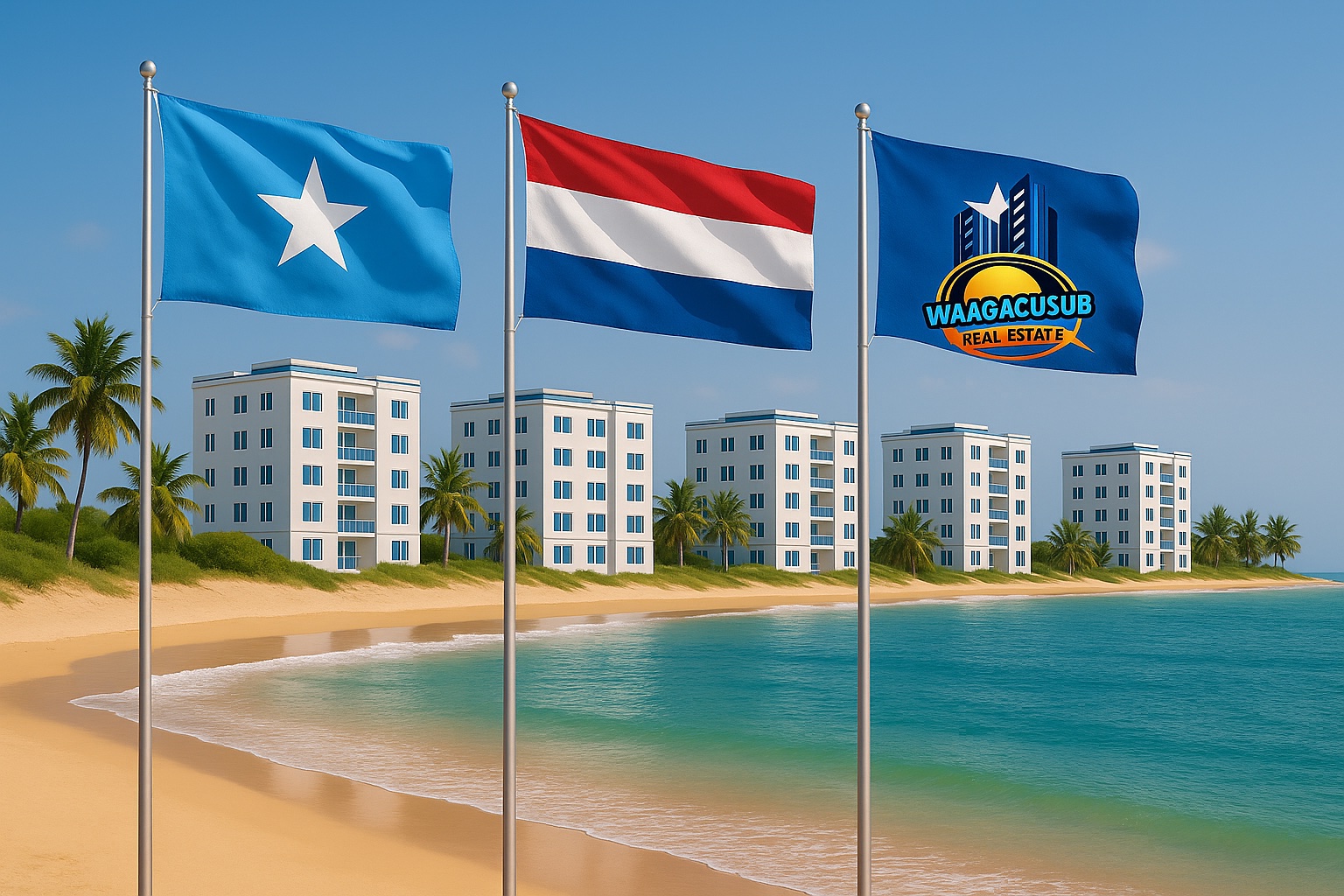
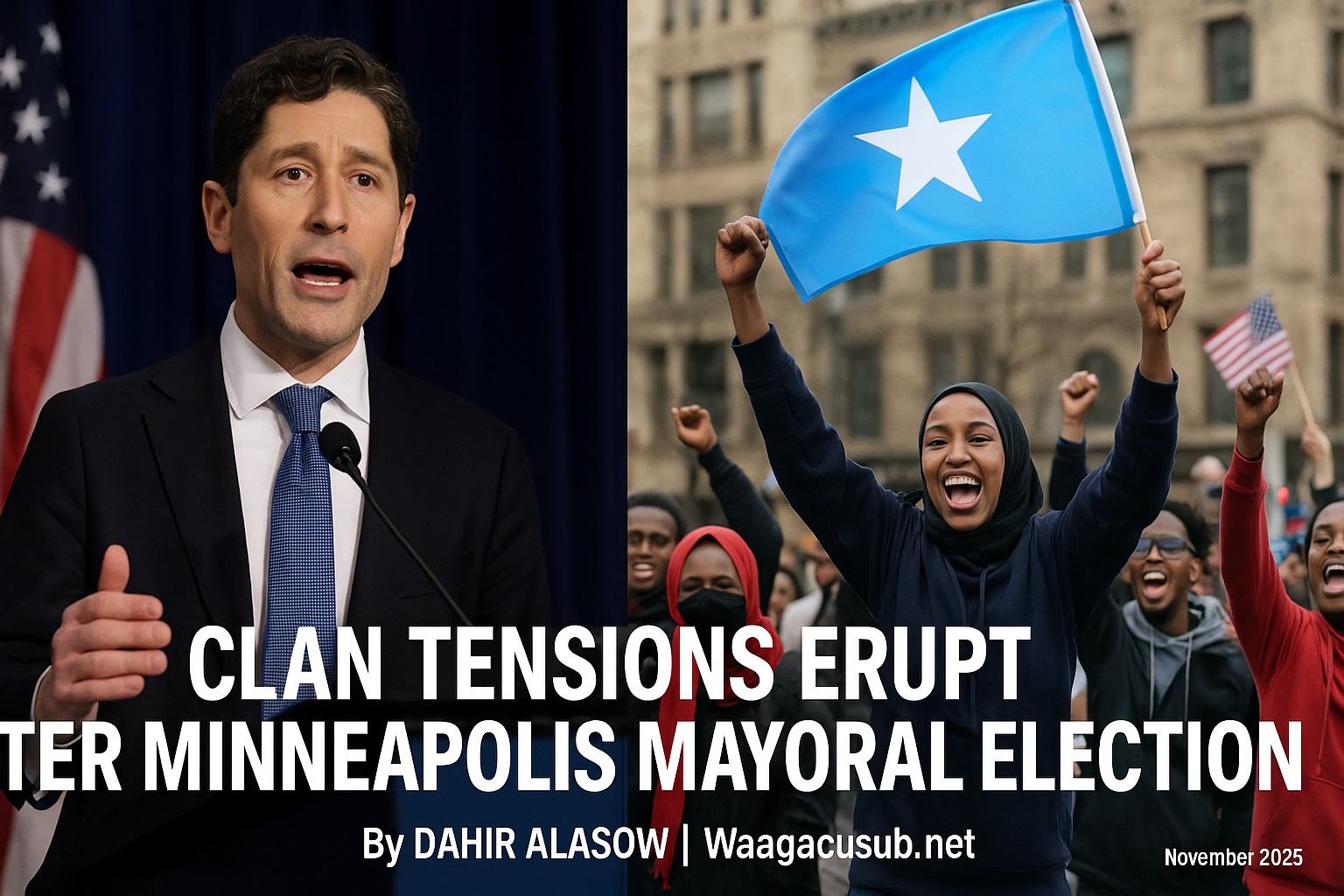

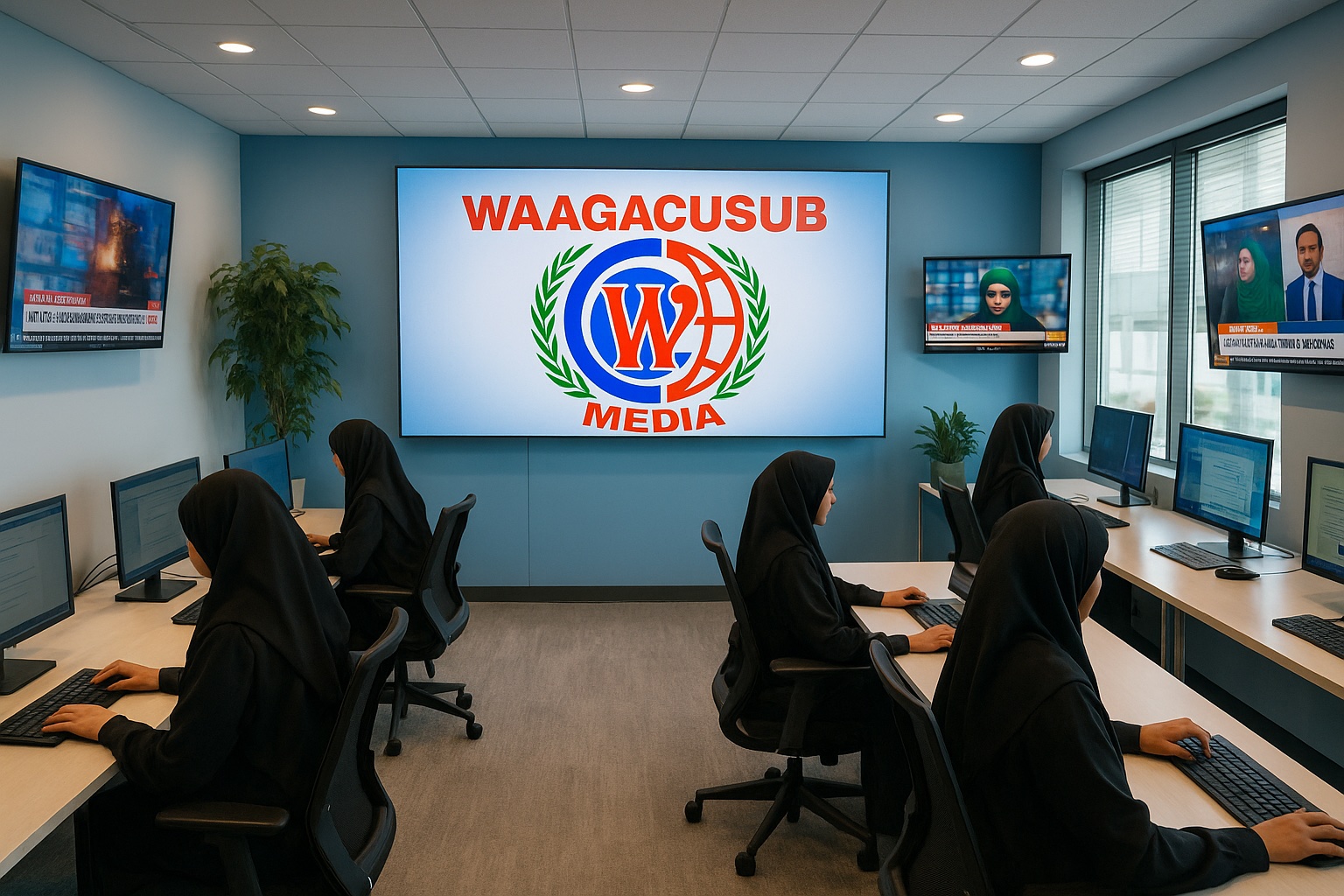
IMF Flawed Approach to Somalia Masks Deep Governance Failure
Somalia, after 20 years of statebuilding efforts, is precipitously descending again into deep civil strife because of autocratic, corrupt, incompetent, divisive, hypocritical federal leaders more than any other factor. Today Somalia experiences the a